India has covered some distance as far as conversations surrounding menstruation are concerned, but undeniably, we have a long way to go. When one talks of menstruation, its management is key. A report by an NGO named Dasra states over 23 million girls drop out of school annually due to lack of proper menstrual hygiene management facilities in India. This disturbing figure automatically sheds light on how important it is to maintain hygiene while on your period. We give you some tips.
1. Choose the right product
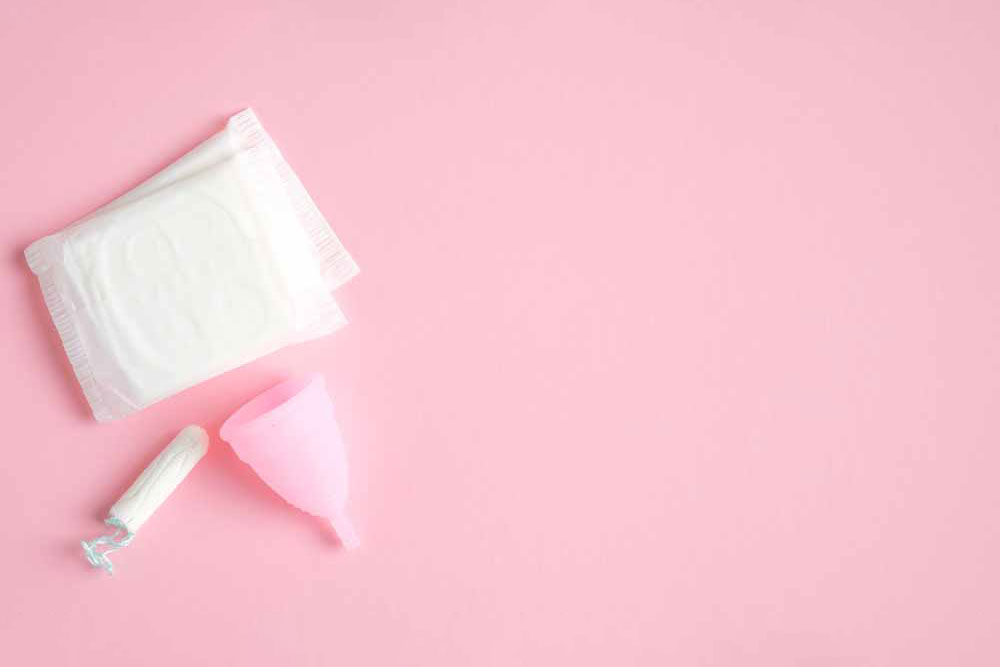
Begin by identifying the product which works for you. You can choose from sanitary napkins, tampons and menstrual cups. Do your research, and it’s a good idea to try all options available before settling for what works best.
2. Change at frequent intervals
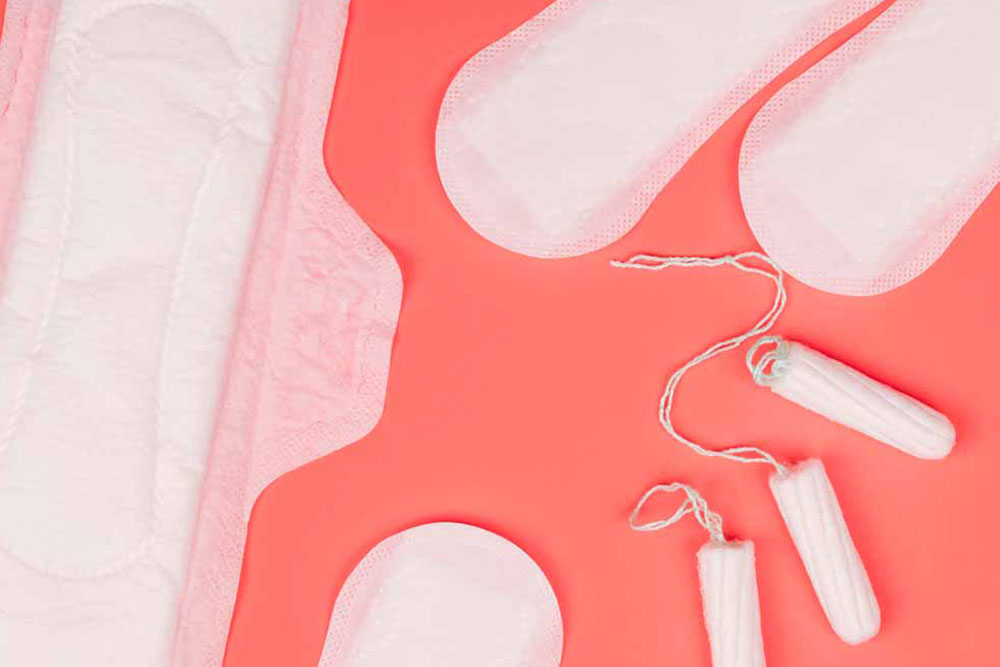
No matter which product you use on your period, it is crucial that you change at frequent intervals. Not doing so causes germ build up which can lead to urinary tract infections (UTI), vaginal infections and skin rashes. The standard time suggested by experts (although it varies depending on the intensity of the flow) to change a sanitary napkin is once every four-five hours, while for tampon it is once every two hours, and for menstrual cups it is ideally six hours.
3. Avoid washing with soap
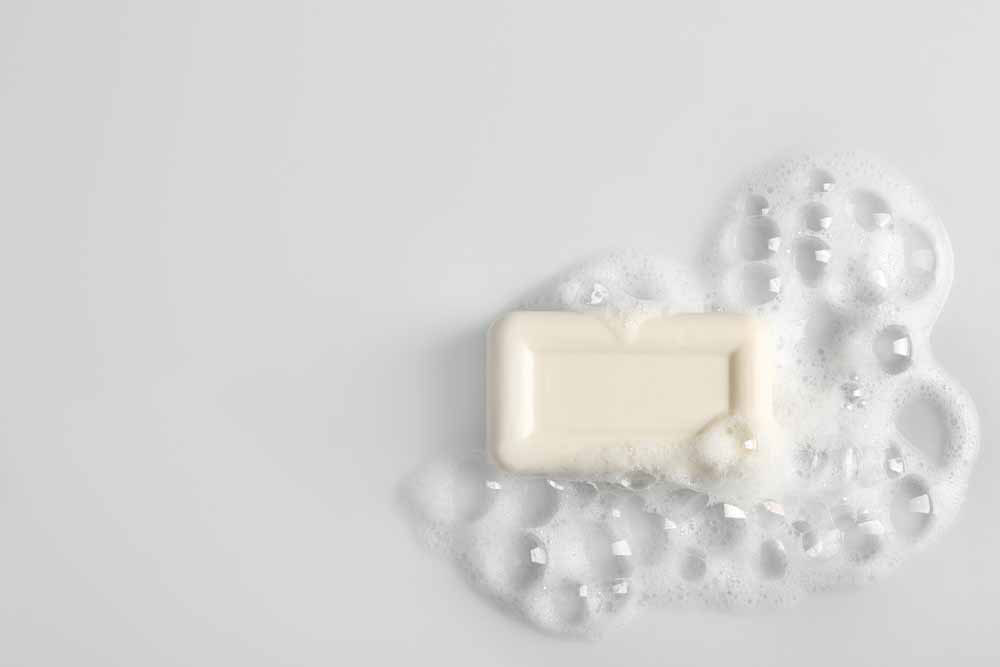
Regular scented soaps and intimate washes do more harm than good. Your vagina has a natural cleansing mechanism, which maintains its pH levels. With soap, experts suggest, that there could be a fluctuation in the pH level, which in turn can cause irritation and other infections. While on your period, it’s best to use water and clean thoroughly every time you relieve yourself.
4. Beware of pad rash
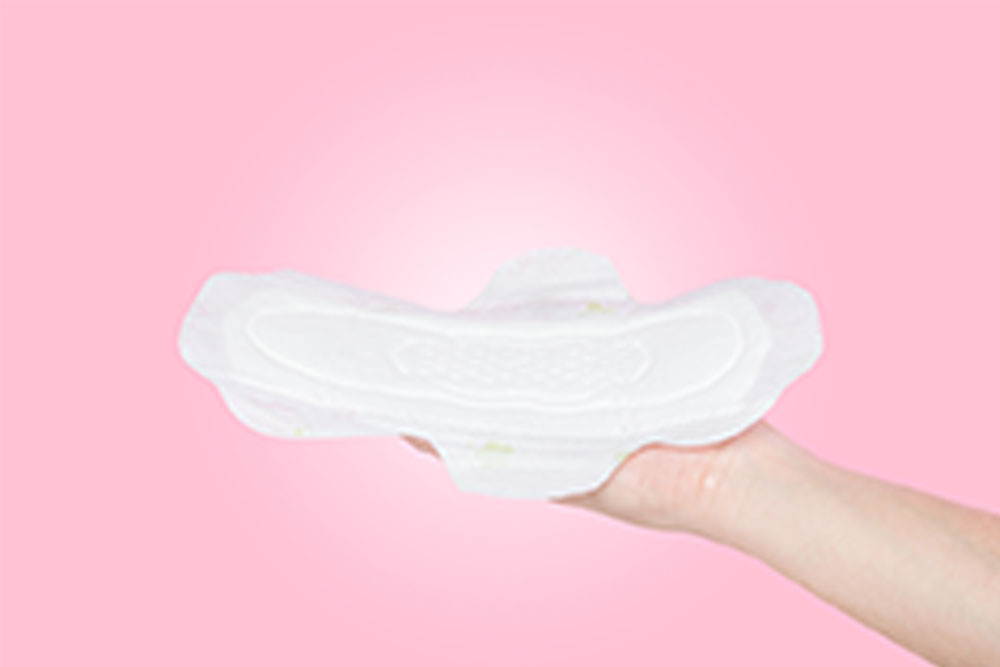
Period rashes are caused when damp sanitary napkins rub against the skin, leading to chaffing. The best way to deal with it is to change frequently, and, in case you do see redness or develop rashes, apply an ointment or antiseptic cream post bathing or before bed to the affected area.
5. Keep it comfortable
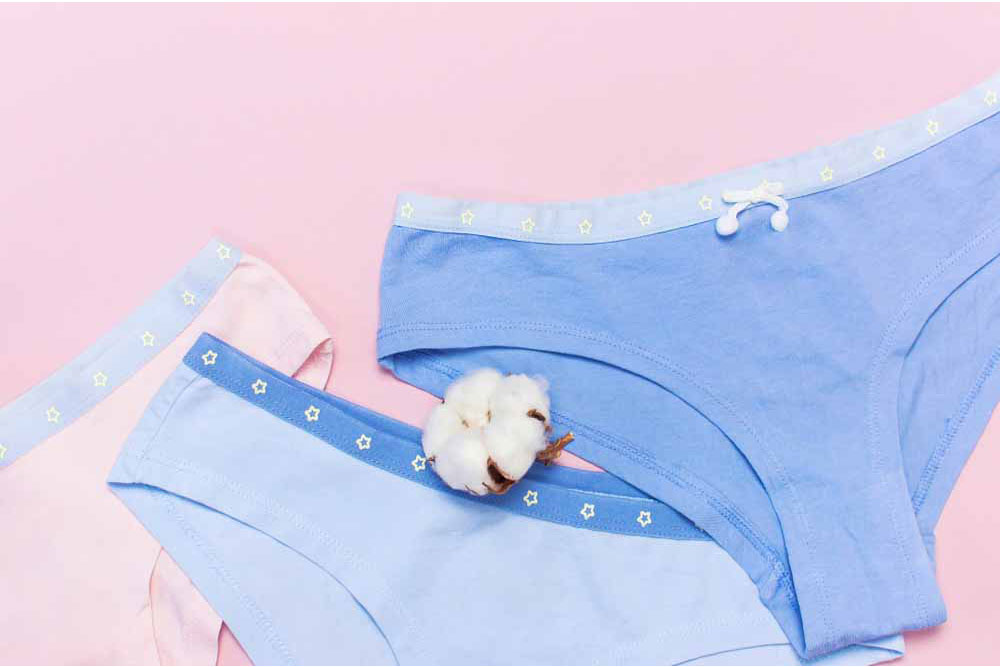
Cotton underwear is ideal for when you are menstruating as it is one of the most breathable yet absorbent fabrics out there. Wearing cotton underwear ensures that there is no moisture trapped around your vulva and can therefore prevent urinary tract infections or UTIs from happening. Avoid wearing tight fitting underwear and synthetic fabrics such as polyester, spandex and nylon as they create the perfect environment for bacteria to grow, and let your vagina breathe.